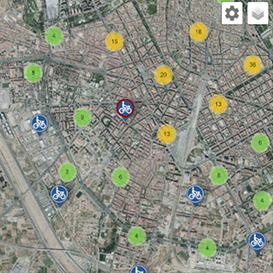ITEA project results enhancing people's lives
Panacea Gaming Platform:
Setting a world standard in gaming for special populations
Children with disabilities represent 13-15% of the paediatric population. For the elderly population, this figure is 40%. The incidence rate of Autism Spectrum Disorders (ASD), meanwhile, has increased by 600% in the last ten years. Gamification (the use of gaming elements in non-gaming contexts) offers a means for those affected to practice skills such as memory and social interactions. In turn, this benefits those within their circle of care, their practitioners and the developers that create such games. The resultant research, standardisation and applications can create systemic enhancements in how conditions such as dementia and autism are treated, improving quality of life and saving billions.
When attempting to assist vulnerable individuals while reducing healthcare costs, interventions must be efficient, sustainable and broadly applicable. Panacea Gaming Platform’s (PGP) clinical gamification – including guidelines, stakeholder matchmaking and application evaluation – presents a solution as it will lead to new serious healthcare games being developed based on the scientific methodologies and guidelines developed during the project.
The Panacea Gaming Platform (PGP) is an international collaboration of software developers, researchers, industry leaders, and clinical experts. The PGP’s partners have completed important, foundational work for the serious healthcare gaming industry. They have also designed three evidence-based Serious Games and two gamified health apps.
PGP’s significance lies in its clinical, personal and societal benefits: the opportunity to bring healthcare to individuals themselves, relieving the burden on hospitals and allowing those with disabilities to personalise their therapy and improve their quality of life. As the cost to care for individuals with autism is between USD 1.4 and 2.3 million per person, applications that offer earlier diagnosis and more effective treatment have the potential to create enormous savings.
Furthermore, the PGP developed a new quality standard for the game/app development industries; a revolutionary assurance and scoring model called TERCA (Technology, Engagement, Research, Clinical Foundations and Accessibility). TERCA offers a quality certification service and seal-of-approval program designed exclusively for serious healthcare applications; including virtual reality worlds, social networks, online games, mobile games/apps, educational services and other similar services that are accessible via interactive media. The revolutionary nature of this domain is underpinned by the fact that currently no standards exist. PGP is thus pursuing standardisation for TERCA in all countries involved, establishing best practices to ensure that the model continues to reflect developments within the field.
The project’s commercial spin-off (Kids Digital Health) acts as a trusted voice and uses advanced technology and state-of-the-art methodologies to provide the best recommendations for those with disabilities and their families.
ITEA 3 project
Panacea Gaming Platform
Other chapters
Use the arrows to view more chapters
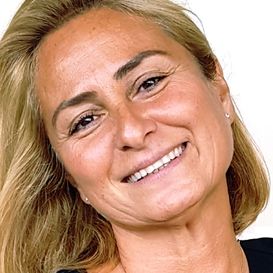
Editorial
by Zeynep Sarılar

Country Focus: Austria
One-stop shop accelerates Research facilitator industrial R&D

SparxSystems Central Europe
Innovation sparks – with an x!

ITEA Success story: BENEFIT
Advancing evidence-based medicine for better patient outcome
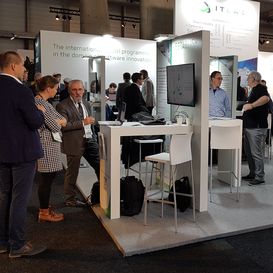
ITEA at Smart City Expo 2019
Bringing together Smart City Challenges and Smart City Solutions
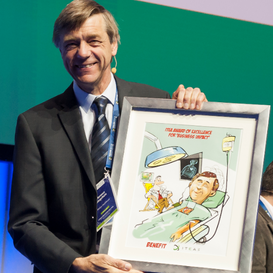
Community Talk with Herman Stegehuis
Harvesting the fruits of one’s labours

End user happiness: Panacea Gaming Platform
Setting a world standard in gaming for special populations

ITEA Success Story: ACCELERATE
A go-to-market acceleration platform for ICT
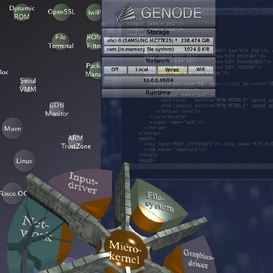
SME in the spotlight: Genode labs
Where fantasy creates a new reality

Cyber Security & Cloud Expo 2020
Continuing to focus on customer orientation

Modelling & Simulation
A vision of standards and state of play


